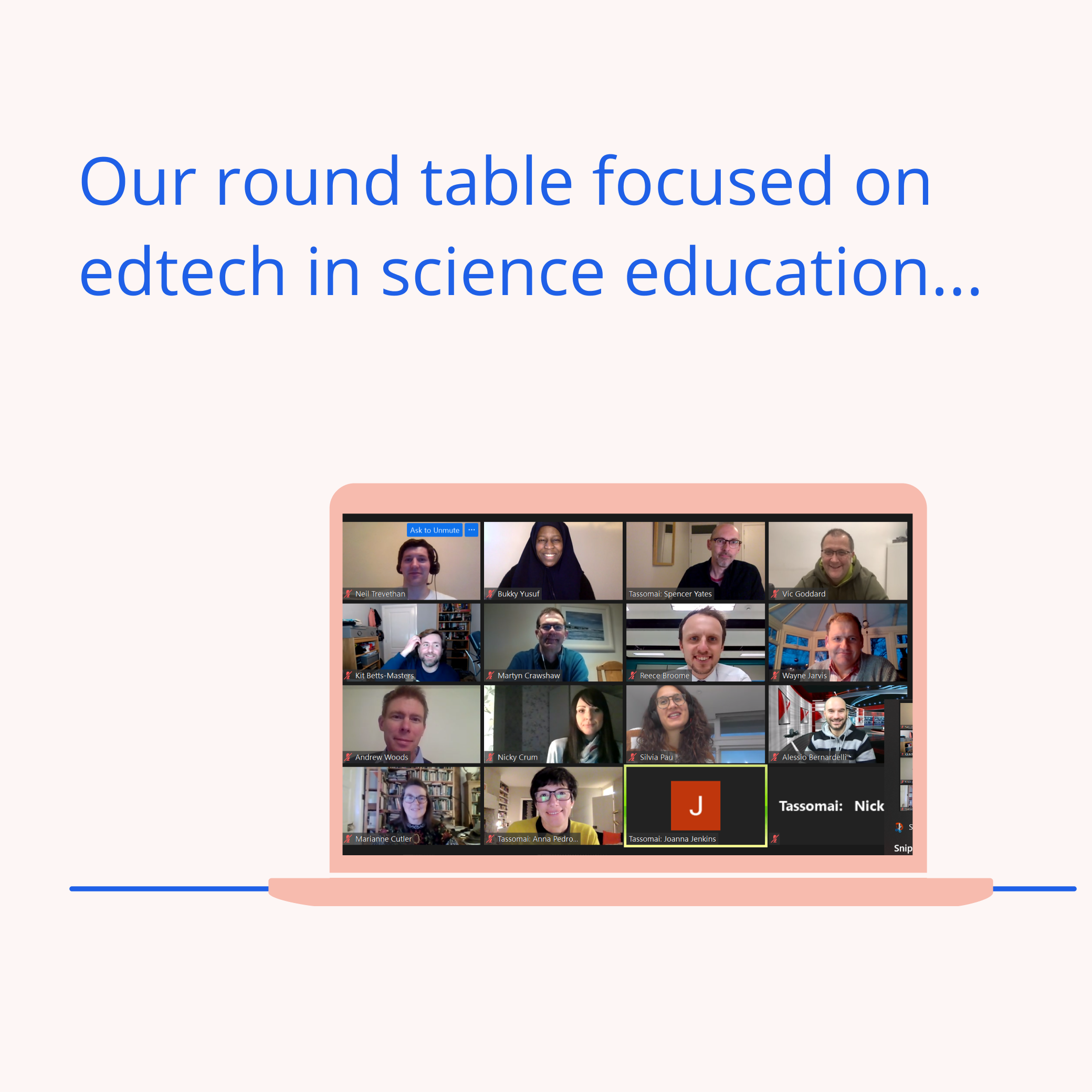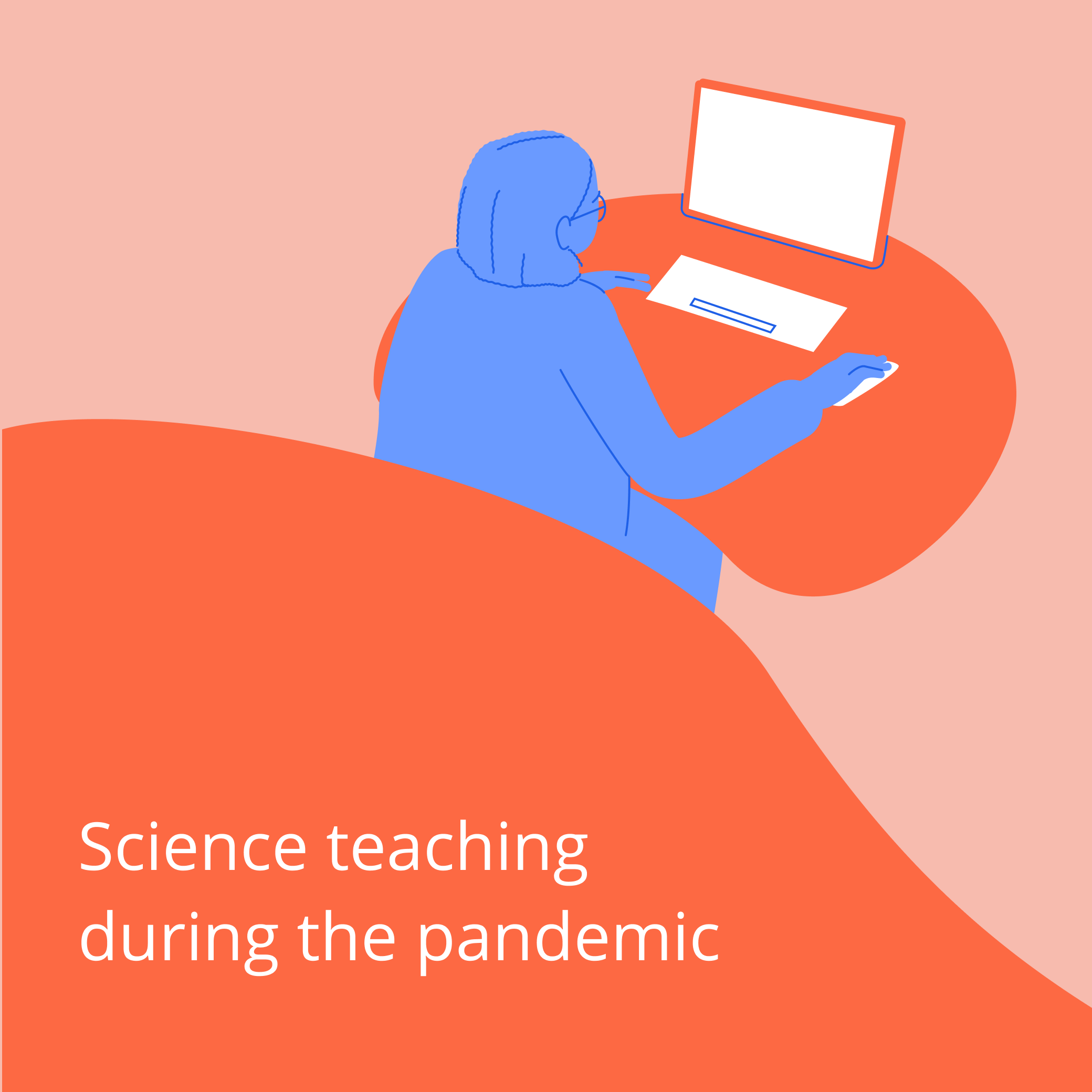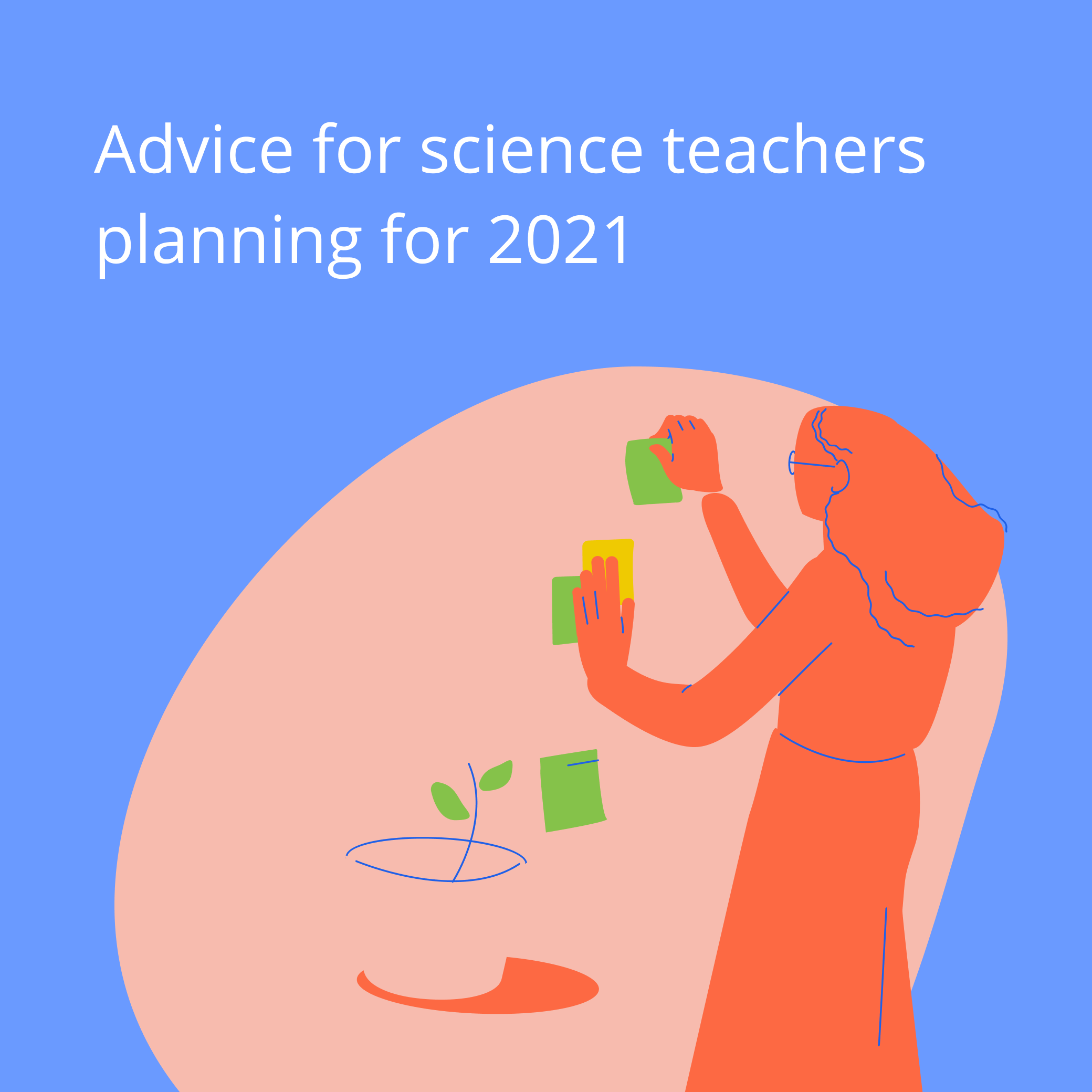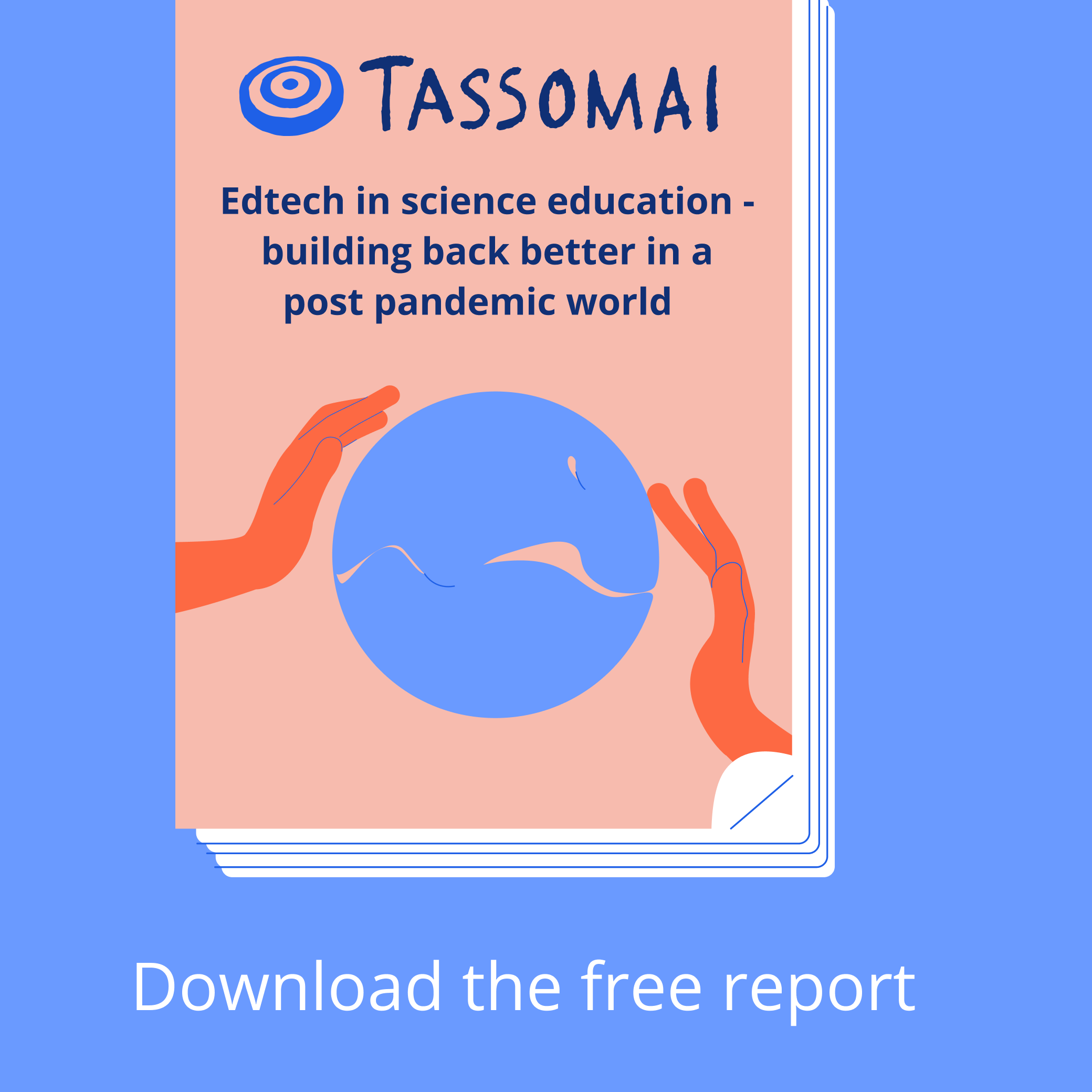Tassomai Round table: Edtech in science education - building back better in a post pandemic world
Insights from science teachers, school leaders and science education organisations
In February 2021, Tassomai hosted an online round table event, bringing together science teachers, school leaders and representatives of key education and edtech organisations to discuss the challenges of the past year and question what the future holds for edtech in secondary science teaching.
The Tassomai team have collated the key insights and revelations from this event, publishing the results as a report for teachers and stakeholders in the education sector.
Who attended the event?
The event was chaired by the exceptional Bukky Yussuf, Senior Leader & Science Lead at Edith Kay School and Co-Chair of the DfE Edtech Leadership Group. The event was also attended by:
Alessio Bernardelli, Professional Practice Coach, Institute of Physics
Kit Betts-Masters, Director of Learning - Science, Abbeyfield School, Northampton and founder of YouTube channel Gorilla Physics
Reece Broome, Head of Tassomai, Torquay Academy, Torquay
Martyn Crawshaw, Head of Sciences, Millburn Academy
Nicky Crum, Science improvement, STAR Academie, Blackburn
Marianne Cutler, Director, Curriculum Innovation, Association of Science Education
Vic Goddard, Co-principal, Passmores Academy, Harlow
Wayne Jarvis, Senior Network Educational Lead, STEM Learning
Silvia Pau, Assistant Programme Manager, EdTech, Nesta
Neil Trevethan, Education Projects Manager, British Science Association
Andrew Woods, Product Manager, GCSE Science, Pearson
What was discussed?
The event’s discussion covered three main objectives:
How schools have adapted to the challenges of COVID-19 over the past year
What role edtech is currently playing in science teaching
Looking ahead to a post pandemic world to consider how science teaching could become even stronger
The wide ranging discussion drew on the participants different experiences of the pandemic and the new skills they had acquired over the past year. Despite recapping all of the trials and challenges that the education sector has faced recently, the overall tone of the discussion was one of positivity and looking forward to the future.
The role of edtech
Edtech was understandably a hot topic in the discussion, with many of the participants recommending products and software they had personally found particularly helpful in recent months. There was enthusiastic discussion about the role of edtech tools and their place in helping students to reinforce knowledge and undertake recall practice. Tools like Tassomai can help to free up face to face teaching time - something that has become even more important in recent months.
The challenges of secondary science
It was clear from the event that secondary science faces some unique challenges as schools return to classroom teaching. Science teachers will have to juggle catching up on the curriculum and trying to make up time lost on science practicals. Classroom practicals require focused attention and will need to have attention paid to them over the coming months and years to make sure they remain a core part of secondary science teaching.
The report
As the creators of a learning app used extensively in schools, and especially by science departments, we have had many discussions with science teachers, parents and students, about their science learning. We’ve heard their concerns about learning loss and their hopes and fears for the year ahead. It’s our hope that the insights from this roundtable discussion will help to prepare for the years ahead as we all play our part in building back better.
The roundtable event has been condensed into a short report, ‘Edtech in science education – building back better in a post pandemic world’, to capture its wide-ranging and insightful discussion.
Download our free report for science teachers and school leaders here!
We are keen to ensure as many science educators, and other interested parties, have a chance to read the report. Please feel free to share the link to our report with anyone you feel might be interested, or share it on social media.
We are on Twitter, Facebook, Instagram and LinkedIn. If you would like to retweet one of our posts, here’s a recent tweet about the report.






